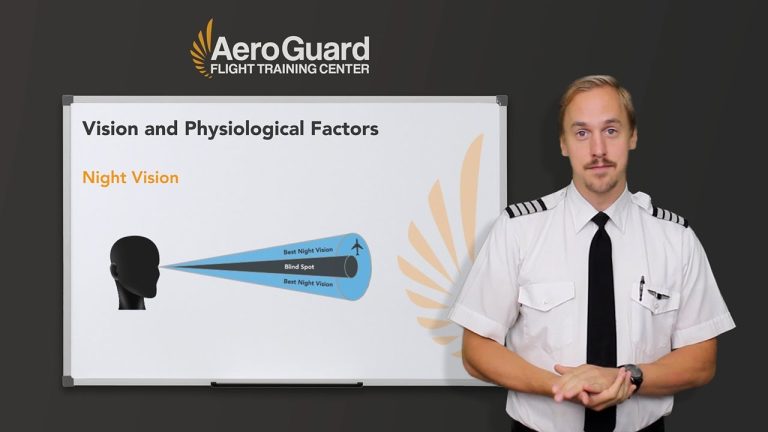10 Common Eye Conditions and How to Treat Them: Your Ultimate Guide to Better Vision Care
In today’s fast-paced world, our eyes are subjected to a lot of strain. Various factors like long hours of screen time, pollution, and aging can have an adverse effect on our eyes. Therefore, it is essential to take care of our eyes to maintain good vision and overall eye health. This blog post will shed light on some common eye conditions that you might encounter and how they can be treated.
If you are experiencing vision problems, it is vital to visit an optometrist and get your eyes tested. Early detection of any eye conditions can help in preventing further damage and improving vision. So, let’s dive in and learn about some common eye conditions.
Myopia (Nearsightedness)
Myopia is a common eye condition that affects people of all ages. If you have myopia, you can see objects up close clearly, but distant objects appear blurry. This condition occurs when the eyeball is too long, or the cornea is too curved, causing light rays to focus in front of the retina instead of on it.
Myopia can be corrected with prescription eyeglasses, contact lenses, or refractive surgery. Consult an optometrist to determine the best option for you.
Hyperopia (Farsightedness)
Hyperopia is the opposite of myopia. People with hyperopia have difficulty seeing objects up close and can see distant objects more clearly. This happens when the eyeball is too short, or the cornea is too flat, causing light rays to focus behind the retina instead of on it.
Hyperopia can be corrected with prescription eyeglasses, contact lenses, or refractive surgery. Consult an optometrist to determine the best option for you.
Glaucoma
Glaucoma is a condition characterized by damage to the optic nerve, usually due to high pressure in the eye. It is often referred to as the “sneak thief of sight” as it can cause permanent vision loss without any symptoms.
Glaucoma can be treated with medicated eye drops, laser surgery, or traditional surgery. However, early detection is crucial in preventing vision loss. Visit an optometrist for a comprehensive eye exam to detect any signs of glaucoma.
Some tips for maintaining good eye health
- Eat a healthy diet rich in fruits and vegetables
- Quit smoking
- Wear sunglasses to protect your eyes from harmful UV rays
- Take regular breaks when using digital devices to reduce eye strain
- Exercise regularly to improve blood circulation to your eyes
In conclusion, taking care of your eyes is crucial for maintaining good vision and overall eye health. If you are experiencing any vision problems, consult an optometrist for a comprehensive eye exam. Remember to follow the tips mentioned above for maintaining good eye health.
Contents
Most wanted in Hoya Vision:
Hoya Lens Engravings
Which lens is better Alcon or Johnson and Johnson?
What’s the rarest eye color?
What brand lenses does Costco use?
Legacy Eye Care Llc
Should eyeglasses cover eyebrows?
What do you call glasses that turn dark in the sun?
Hoya Sensity Vs Transitions Xtractive
What’s the difference between 1.5 and 1.6 lenses?
Wide Corridor Progressive Lenses
















